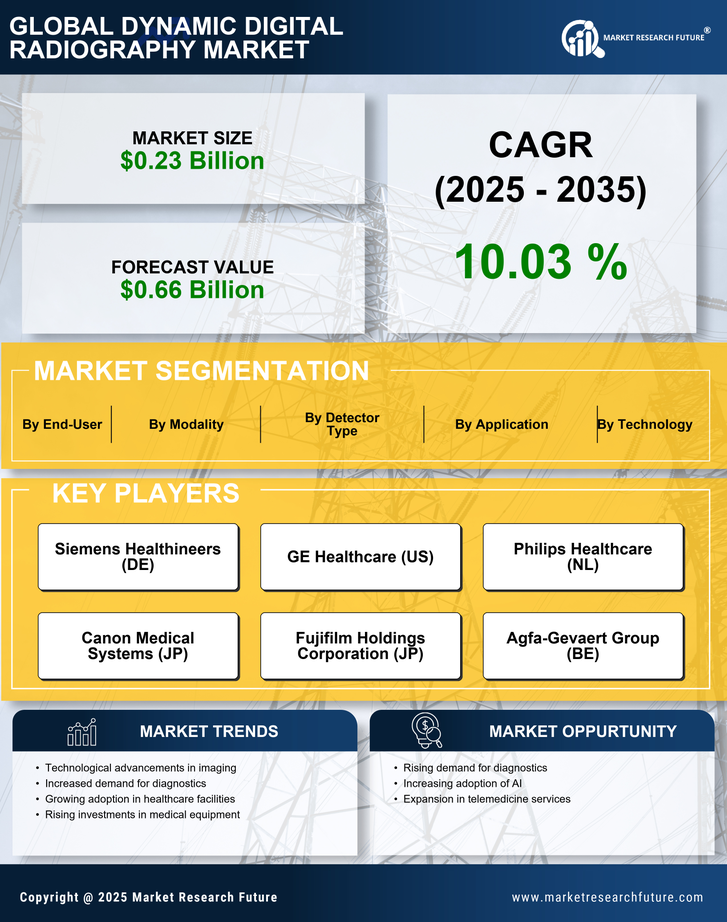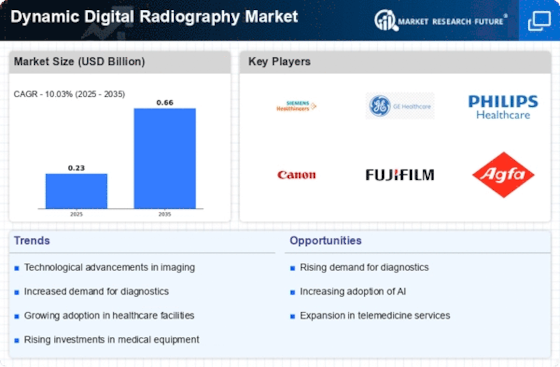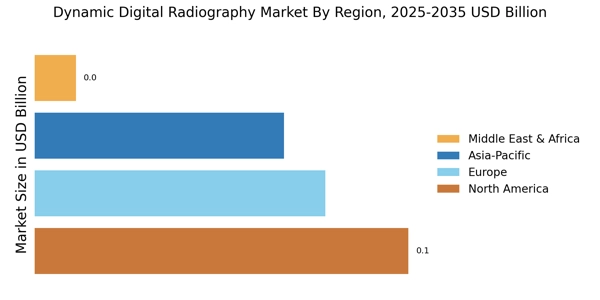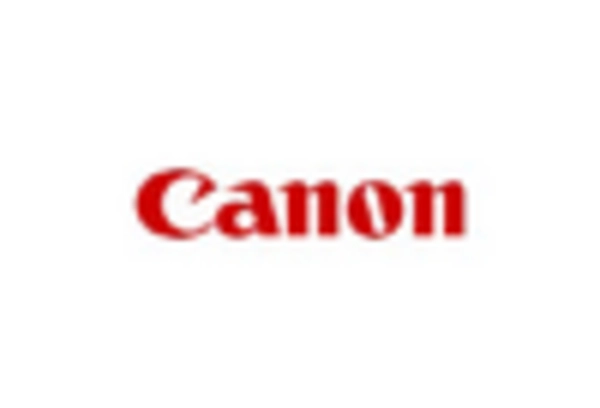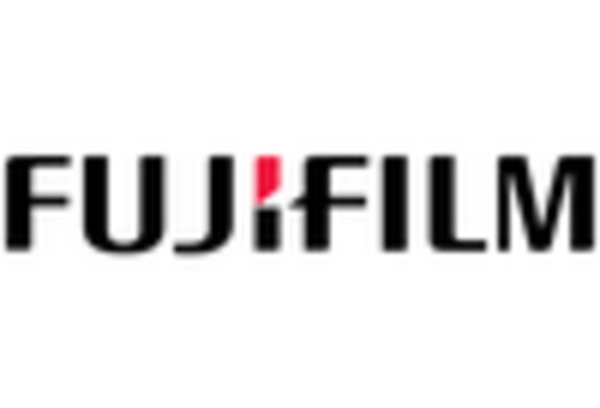Expansion of Healthcare Infrastructure
The expansion of healthcare infrastructure is a significant driver for the Dynamic Digital Radiography Market. As countries invest in modernizing their healthcare systems, there is a growing need for advanced diagnostic tools. New hospitals and imaging centers are being established, particularly in emerging markets, which creates opportunities for the adoption of dynamic digital radiography systems. This expansion is not only about increasing the number of facilities but also about upgrading existing ones with the latest technology. The market is likely to benefit from this trend, as healthcare providers seek to enhance their diagnostic capabilities and improve patient outcomes.
Rising Demand for Telemedicine Solutions
The rising demand for telemedicine solutions is influencing the Dynamic Digital Radiography Market. As healthcare delivery models evolve, there is an increasing need for remote diagnostic capabilities. Dynamic digital radiography systems facilitate the transmission of high-quality images for remote consultations, making them essential in telemedicine applications. This trend is particularly relevant in rural and underserved areas where access to specialized care is limited. The integration of telemedicine with dynamic digital radiography is expected to drive market growth, as healthcare providers look to expand their reach and improve access to diagnostic services.
Increasing Prevalence of Chronic Diseases
The rising incidence of chronic diseases is a pivotal driver for the Dynamic Digital Radiography Market. Conditions such as cardiovascular diseases, cancer, and respiratory disorders necessitate advanced imaging techniques for effective diagnosis and management. According to recent statistics, the prevalence of chronic diseases is expected to rise significantly, leading to an increased demand for diagnostic imaging services. This trend is likely to propel the adoption of dynamic digital radiography systems, as healthcare providers seek to enhance their diagnostic capabilities. Consequently, the market is anticipated to expand as healthcare facilities invest in state-of-the-art imaging technologies to meet this growing demand.
Growing Focus on Patient Safety and Comfort
Patient safety and comfort are becoming increasingly important in the Dynamic Digital Radiography Market. The shift towards patient-centered care is prompting healthcare providers to adopt imaging technologies that minimize radiation exposure while maximizing diagnostic efficacy. Dynamic digital radiography systems are designed to provide high-quality images with lower doses of radiation, addressing safety concerns. This focus on patient welfare is likely to drive the adoption of these systems, as hospitals and clinics prioritize technologies that align with best practices in patient care. As a result, the market is expected to witness substantial growth as facilities upgrade their imaging equipment to enhance patient experiences.
Technological Advancements in Imaging Systems
The Dynamic Digital Radiography Market is experiencing a surge in technological advancements that enhance imaging capabilities. Innovations such as improved detector technology and advanced image processing algorithms are leading to higher resolution images and faster acquisition times. These advancements not only improve diagnostic accuracy but also increase the efficiency of radiology departments. For instance, the integration of artificial intelligence in image analysis is streamlining workflows and reducing the burden on radiologists. As a result, the market is projected to grow at a compound annual growth rate of approximately 8% over the next few years, driven by these technological improvements.
